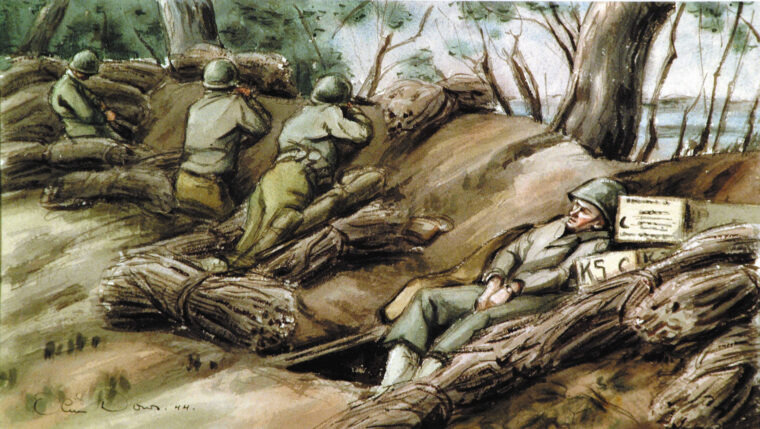
WWII History March 2005
Thomas D. Howie: The Major of St. Lô
By Stan FedermanIn the late afternoon of July 18, 1944, in what was left of the main square of battle-scarred St. Read more

WWII History March 2005
In the late afternoon of July 18, 1944, in what was left of the main square of battle-scarred St. Read more
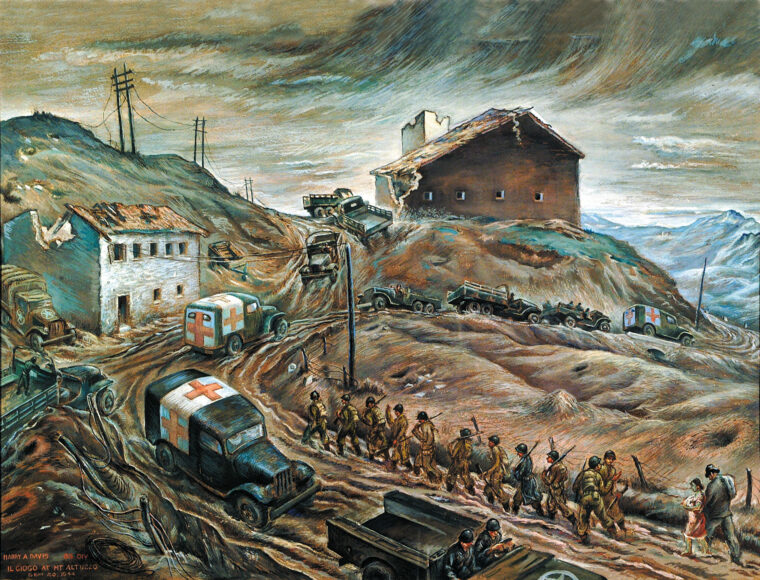
WWII History March 2005
The U.S. 85th Infantry Division was one of the Allied workhorses in Italy during World War II. Read more
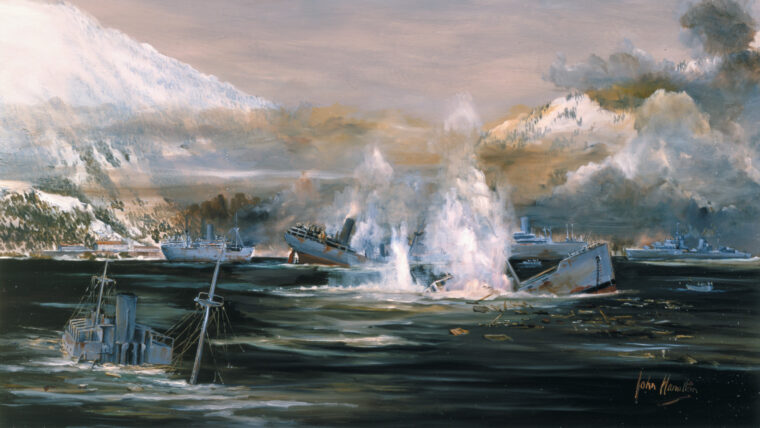
WWII History March 2005
The German mountain troops were dug into their shallow, frozen foxholes waiting for the enemy ski troops to appear across the horizon. Read more
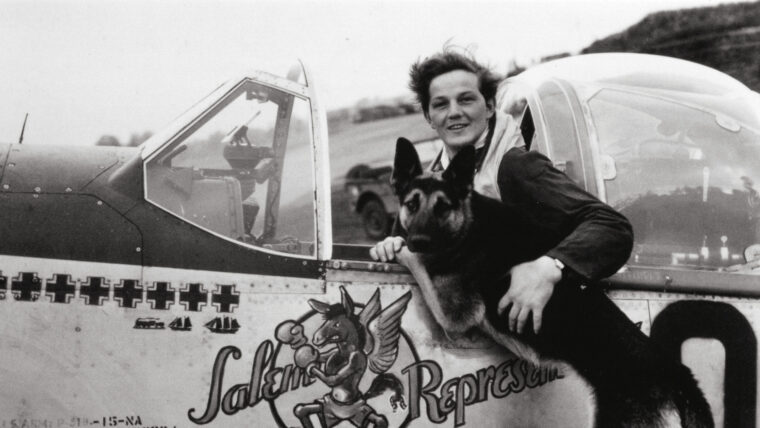
WWII History March 2005
He could be described as reckless, impulsive, undisciplined, lucky, fearless, and also as one of the most successful fighter pilots in the history of the U.S. Read more
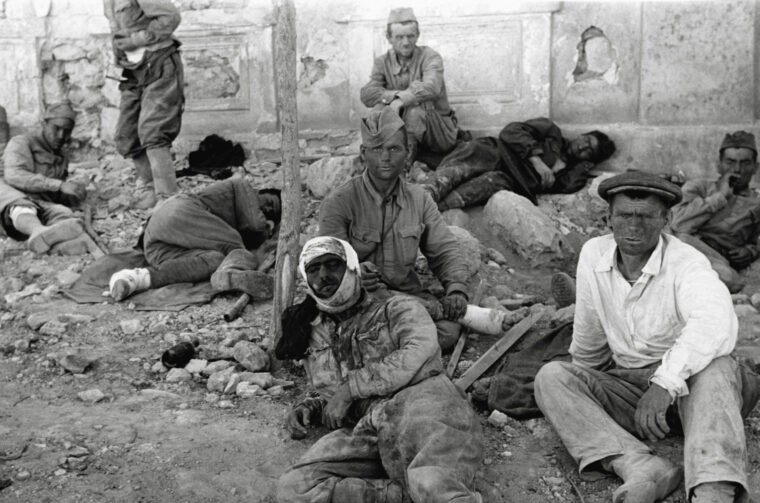
WWII History March 2005
By late October 1941, the armies of the Third Reich had swept deep into western Soviet Russia. Read more
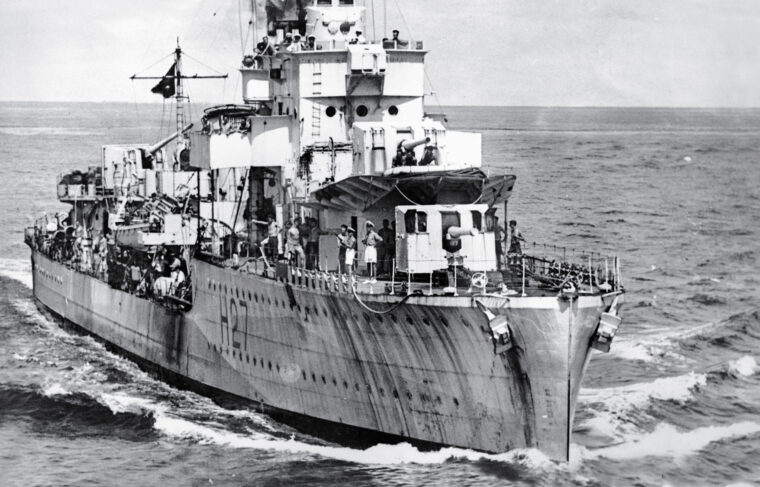
WWII History March 2005
War clouds gathered rapidly once Germany invaded Poland on September 1, 1939. Allied demands that Hitler withdraw his armies went unheeded. Read more
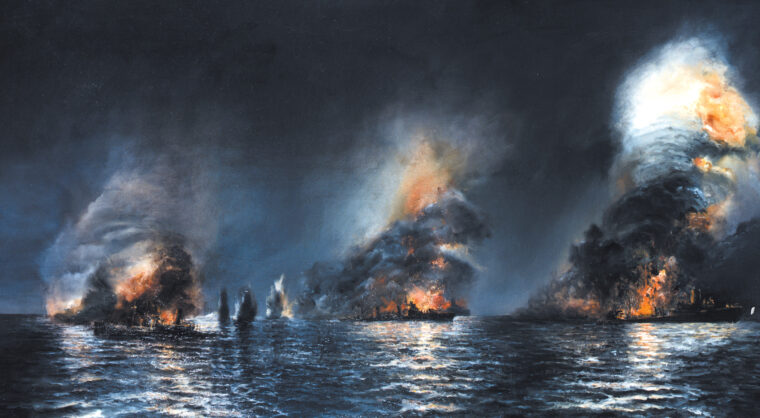
WWII History March 2005
During World War II, the United States employed 288 submarines, the vast majority of which raided Japanese shipping in the Pacific, thus preventing the enemy’s vital supplies and reinforcements from reaching the far-flung island battlefields. Read more
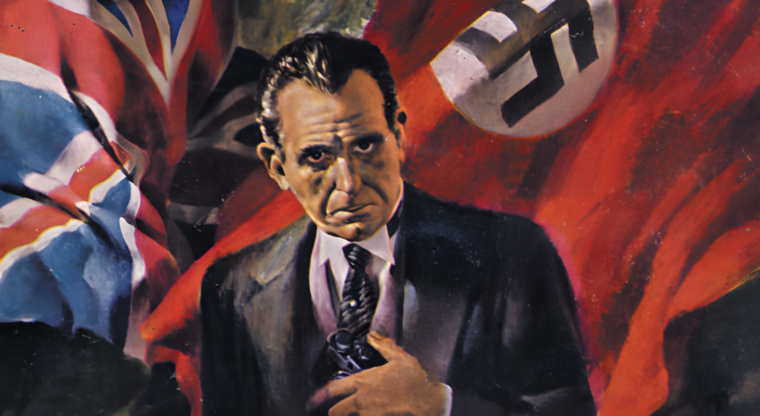
WWII History March 2005
On the evening of October 29, 1943, a middle-aged man, innocuous in appearance but for his deep-set, penetrating eyes, appeared at the German embassy in the Turkish capital of Ankara. Read more
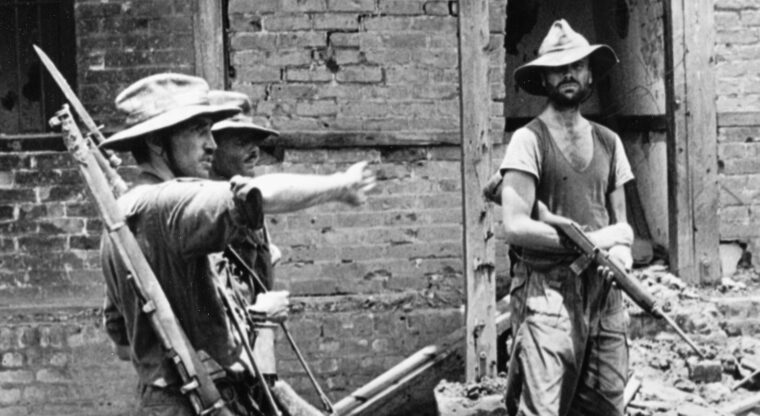
WWII History March 2005
The English officer studied the Burmese river and its surroundings. The area seemed quiet, for the moment peaceful. Read more
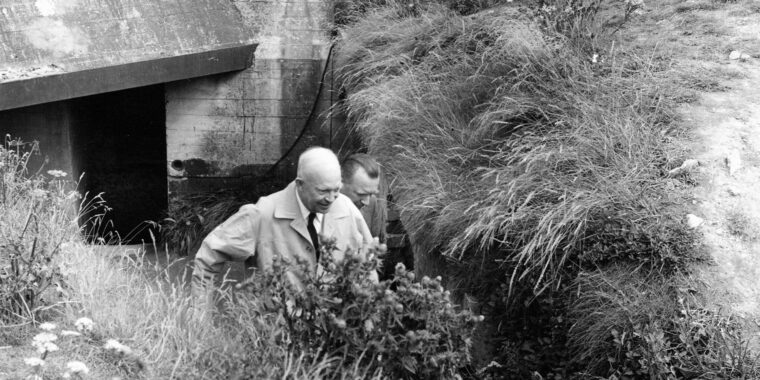
WWII History March 2005
Walter Cronkite is the acknowledged dean of American journalists, an icon whose distinguished career spanned 60 years. Cronkite is best known as the anchorman and managing editor of The CBS Evening News, a position he occupied from 1962 to 1981. Read more
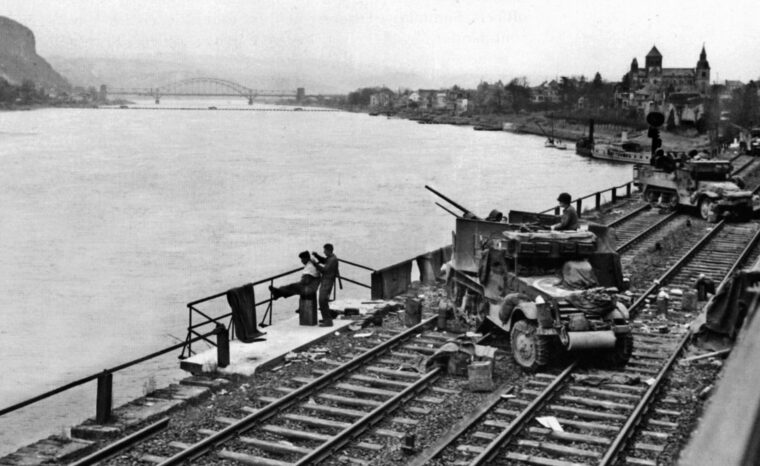
WWII History March 2005
Nine months after they splashed ashore on the beaches of Normandy, Allied troops stood along the west bank of the great Rhine River, the last natural barrier between them and the expanse of the Third Reich. Read more